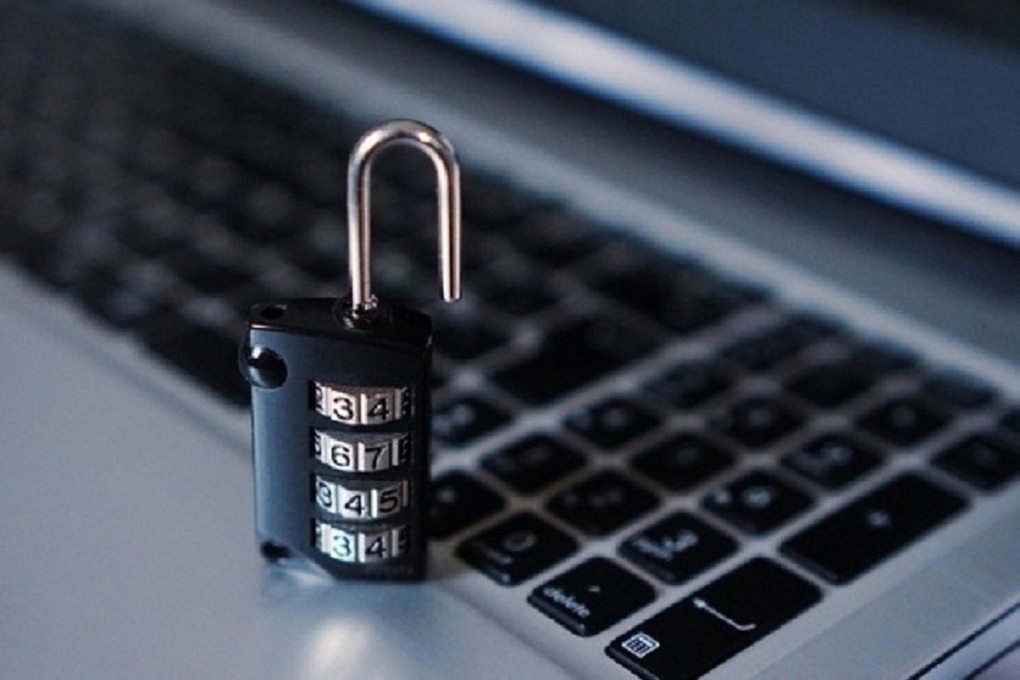A cybersecurity specialist assessed the likelihood of a total VPN blocking in Russia
[ad_1]

“For many positions, even in government agencies, access to a VPN is simply necessary”
Since the beginning of March, Russia may block popular VPN services (aka anonymizers), which allow access to Internet resources prohibited in Russia. The corresponding information in a conversation with students of Yekaterinburg school No. 1 was confirmed by the head of the Safe Internet League, Ekaterina Mizulina.
“Yes, most likely this is exactly so,” the social activist noted. – But I’ll say it as a person who works in this field. Proxies, anonymizers, VPN services—it’s impossible to block them completely.” According to Mizulina, we will talk about well-known and often not requiring payment “loopholes” of this kind.
Let us remind you that among the services that are candidates for blocking on social networks are NordVPN, ExpressVPN, Turbo VPN and some others. Their installation does not require professional computer knowledge, and is often free (there are VPN services that offer a paid subscription, but have a basic free level).
The explanation offered by Ekaterina Mizulina is the danger of such accessible services: they often collect personal data of users, which can be used (and often happens) by attackers.
“You create a hole in your gadget through which data is transferred to third parties, and thus many fall into the clutches of scammers and other bad people. From the point of view of your personal safety, these applications cannot be used. Because of this, the state is taking such measures,” noted the chairman of the Safe Internet League.
“Such a danger undoubtedly also exists, which is why nothing like this is allowed to be installed on the corporate computers of most large companies,” MK confirmed. cybersecurity specialist working in one of the commodity corporations. – Another question is that for many positions in our and other companies, and even in government agencies, access to a VPN is simply necessary.
According to MK’s interlocutor, proxy servers are sometimes necessary to access cloud data storage and tools. In particular, this is how complex design and development software has to be kept in working order. Such programs require updates from proprietary servers, which cannot be obtained legally from Russian IP addresses.
“And in ordinary office life, unfortunately, there are solutions that use foreign “clouds,” noted the cybersecurity specialist. – For example, teamwork in office cloud applications on one of the common platforms has become a common practice; since 2017, all office practices have been geared towards this: edits, multi-user work on a document located in the cloud. There are domestic analogues, even several. But in terms of convenience, they are much worse and often cause crashes in the browser. For example, without reloading pages, you can save no more than 1 image per session. Therefore, everyone uses what they used.
It will not be possible to completely disable VPN services, both technically and for the above reasons: there will always be people in the state who are “entitled to use such access by virtue of their position,” emphasizes MK’s interlocutor. But over time, it will become “good practice” to use your own VPN servers, rather than ready-made, especially free, solutions. By the way, about the same thing – that every skillful person who really needs it can make their own VPN – Ekaterina Mizulina also told schoolchildren.
[ad_2]
Source link








